As residents at Rose Hill Center, one of the largest mental health treatment campuses in the country, embark on their healing journey, they’re assigned to one of our therapeutic work programs. And whether they’re working on our kitchen team (building a foundation in customer service), housekeeping team (fostering independence and attention to detail, farm team (connecting with a greater purpose) or horticulture team (cultivating pride and environmental awareness), their role helps them realize their potential to thrive.
Providing much more than just a means to develop essential life skills, our therapeutic work programs are proven to be a transformative experience. In fact, every single resident who successfully leaves our program will go on to work or attend school in their community – having achieved a state of stability in which they’ve overcome their symptoms and developed skills to maintain their independence.
Furthermore, our residents will have also learned more about…
- Autonomy: At Rose Hill, fostering autonomy is a cornerstone of our therapeutic work programs. First and foremost, the work programs are entirely their choice – they choose which one they want to join – which significantly enhances their willingness to engage. Additionally, if a resident chooses the farm program, for example, but discovers it’s not the right fit, they can explore other options, just as they would in the real world. This process involves writing a letter to the program supervisor expressing their desire to step down and another to apply for a new opportunity – teaching them valuable skills in communication and decision-making, all while they learn more about themselves.
- Self-esteem: Understandably, many of our residents arrive feeling scared and unsure of themselves, often having been sheltered by parents who didn’t want them to struggle or fail. As a result, they may not have had the chance to learn basic tasks or take on simple responsibilities. But here, they discover it’s okay to try. To make mistakes. To fail. With guidance and encouragement, residents gradually gain confidence in their abilities, embrace challenges, and master new skills. And as they learn to take on responsibilities and see their progress, their self-esteem flourishes – empowering them to believe in themselves and their potential for growth, both during their time at Rose Hill and beyond.
- Friendship: While participating in their therapeutic work programs, residents have the opportunity to build deep, meaningful friendships. Every day, for example, residents share meals, activities, and work breaks together – creating a sense of community and connection with people who truly understand their struggles, often for the first time. And through these shared experiences, deep bonds form very naturally.
- Teambuilding: While everyone will have specific tasks on their work team, such as caring for an animal, they’re also part of a larger team, where communication and collaboration are key. Whether it’s updating each other on progress or reaching out for help, this environment encourages open communication and support. And through this teamwork, residents learn to manage their emotions, set aside impulsivity and prioritize the greater good of the group.
- A sense of purpose: All four work teams at Rose Hill provide residents with a structured daily routine and tangible goals – instilling a profound sense of purpose in their lives. For instance, members of the farm team quickly learn that their commitment directly impacts the well-being of their animals, because if they don’t show up, the animals go without care. Meanwhile, members of the horticulture team take pride in their ability to transform the campus into a vibrant and welcoming space through their hard work. Regardless of the task at hand, watching the campus come to life through their efforts cultivates a deep sense of pride and accomplishment, and it empowers residents to see their potential and contribution in meaningful ways.
- Professional development: By empowering individuals to feel confident they can successfully work with a boss and perform job responsibilities, we ensure they feel prepared for the world beyond our walls. For example, if they encounter setbacks, like a no-call/no-show while working on the farm team, it becomes an opportunity for growth rather than a cause for distress. Our residents can process their experiences, reflect on what could have been done differently and repair relationships, all without the high stakes of losing a job or failing in school. This comprehensive approach integrates therapy with practical life skills – giving residents the self-confidence they need to thrive in their future endeavors. And as they get closer to completing their program, we’ll help them craft resumes and conduct mock interviews – ensuring they leave feeling ready to take on new challenges.
No matter the work program, our commitment is to meet each resident where they are – providing tailored opportunities that empower them to reach their full potential. Through structured routines that mirror the realities of life beyond our residential treatment center, we’re proud to say that are residents graduate feeling prepared not just for future employment, but for meaningful lives filled with possibility.
To learn more about this part of our process, read our blog post: 4 therapeutic work programs at Rose Hill Center.










